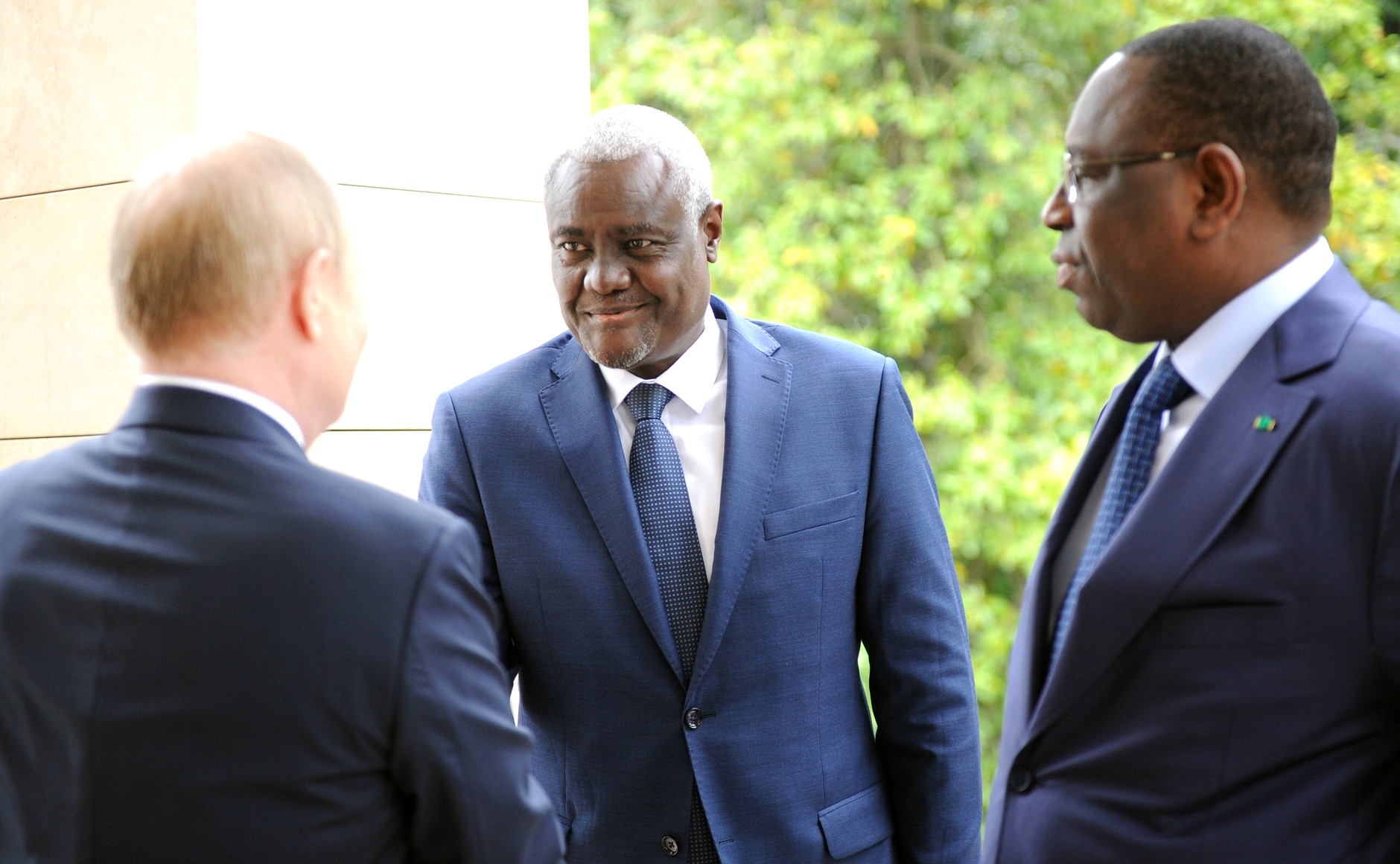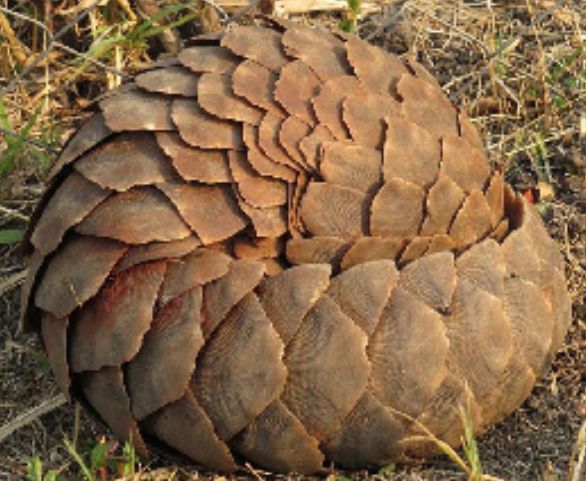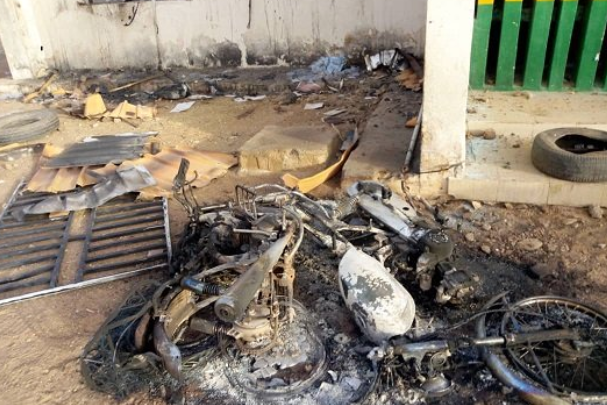News Africa
“Before the next Russia-Africa summit, Putin must move forward towards peace,” says Senegalese President Macky Sall

African leaders’ plans for stopping Russia’s ‘special military operation’ and establishing peace in Ukraine are still intriguing. It is still intriguing as the majority of the leaders are gearing up for the second Russia-Africa summit on July 27 to 28 in St. Petersburg, the second largest city in the Russian Federation.
The African Peace Initiative group headed by South African President Cyril Ramaphosa, are making efforts for global recognition as peace brokers. But the group’s collective excitement in dealing with these former Soviet republics, which within the international law must strictly adhere to territorial sovereignty, is tempered by a bit of reality.
Deputy Russian Security Council Chairman Dmitry Medvedev has issued several threats during the past few months. With threats of resorting to the use of nuclear weapons, it transmits one simple message of how dangerous it is to adopt and build nuclear facilities in Africa. It reminds us of the disastrous effects of Chernobyl more than 20 years ago. The Chernobyl disaster was a nuclear accident that occurred on 26 April 1986 at the No. 4 reactor in the Chernobyl Nuclear Power Plant, near the city of Pripyat in the north of Ukraine. Then also the Fukushima meltdown took place in March 2011 when a massive earthquake caused a tsunami that damaged the plant on the east coast of Japan.
Russian Security Council Deputy Chairman Dmitry Medvedev has threatened to strike three Ukrainian nuclear power plants (NPPs) and nuclear facilities in Eastern Europe if an alleged attempt by the Ukrainian Armed Forces to attack the Smolensk NPP in Russia with “NATO missiles” is confirmed.
Source: Medvedev on Telegram; Russian propaganda Telegram channel Mash. Quote from Medvedev: “If the attempt to attack the Smolensk NPP in Desnogorsk, Russia with NATO missiles is confirmed, we should consider the scenario of a simultaneous Russian strike on the Pivdennoukrainsk, Rivne and Khmelnytsky NPPs, as well as on nuclear facilities in Eastern Europe. There is no reason to hold back.”
Last June the delegation from South Africa, Egypt, Senegal, Congo-Brazzaville, Comoros, Zambia, and Uganda put forward a 10-point proposal that was presented in Kyiv and St. Petersburg. The key aim of the African peace mission is primarily to propose “confidence-building measures” in order to facilitate peace between the two countries. It was to seek a peaceful settlement of the conflict which began late February 2022.
Several posts, including documents and speeches to the official website have confirmed this. Putin stated his claims of going to Ukraine, always pointing to the legitimacy within the international law and also the failure to implement the Minsk Agreement. Putin showed one document to African leaders in St. Petersburg.
The result was that Putin would continue studying other proposals, and would not consider Africa’s peace plan as the ultimate sustainable solution for his invasion of Ukraine. Right at the beginning, Russia underlined the reason as – “to demilitarize and de-nazify” Ukraine. It simply did not coincide with Russia’s aims and goals to violate Ukraine’s territorial sovereignty, and engage in mass destruction of infrastructure and human lives.
Foreign Minister Sergey Lavrov said, after the three-hour meeting, the Africans’ peace plan consisted of ten (10) elements, but “was not formulated on paper.” Similarly, Kremlin spokesman Dmitry Peskov said “The peace initiative proposed by African countries is very difficult to implement, difficult to compare positions.”
Quite recently Lavrov reiterated, setting Russia’s concrete position, while many foreign states have called for diplomacy as a mechanism for peaceful settlement of the conflict. But Sergey Lavrov said late June that “Russia can’t give up goals of special military operation in Ukraine.”
“It’s impossible to give them up – the goals that have been set,” Lavrov said on Channel One, and added that Russia cannot change its approaches to the conduct of the special operation as long as the West is purposefully creating threats to Russia’s security.
The geopolitical implications of the Russia-Ukraine crisis is quite enormous and very arguable. But at the same, there are a few questions pointing to the fact that Ramaphosa and his colleagues have never, not once, intervened to resolve conflicts in the continent, those in Cameroon, Nigeria, Central African Republic, Libya and Sudan. Africa has not completed finding resolutions to numerous conflicts in the continent. And yet they have the highest desire and keen interest in Europe. Lest we forget, Africa is indeed starving from Russian and Ukrainian grains.
And yet Africa is consistently praised for its huge expanse of uncultivated land and the large population. The resources and the human capital. And gross inability to choose suitable agricultural technology. For economists, it presents the incapability of designing import-substitution policies as part of the state development programs.
In the publication of Financial Times July 10, African leaders urged Putin to show “desire for peace” – it was an interview with Senegalese President Macky Sall.
Macky Sall has said African leaders urged Russian president Vladimir Putin to “show his desire to move forward with peace” before they gather in St. Petersburg for a Russia-Africa summit in late July. Significant to note here the quote from Sall: “Before the next Russia-Africa summit, Putin must do some actions to show his desire to move forward with peace even in a humanitarian way.”
This demand was conveyed to Putin during the peace mission of African leaders to Kyiv and Moscow in June. Sall explained the necessity to install peace, and added: “That’s why we continue to use the Russia-Africa summit to see how we can move forward on the negotiations we tried to implement between Russia and Ukraine.”
Asked if Putin had shown any inclination to pursue peace, Sall said: “During this summit, maybe we can have another meeting and make some progress. That’s what we hope for.” At the same time, the President of Senegal said that “Ukraine has said Russia must leave its occupied territory before they can negotiate, and we understand that.”
In a tweet back in August 2022, UN Secretary-General António Guterres stated he was duty bound to stand by the resolution and be guided by its call for peace.
“The message of the General Assembly is loud and clear: End hostilities in Ukraine now. Silence the guns now. Open the door to dialogue and diplomacy now,” Guterres said, adding: “Looking ahead, I will continue to do everything in my power to contribute to an immediate cessation of hostilities and urgent negotiations for peace. People in Ukraine desperately need peace. And people around the world demand it.”
Background: On 16 June, a delegation from Africa arrived in Ukraine, including the presidents of the Republic of South Africa, the Comoros Islands, Senegal, Zambia and the Prime Minister of Egypt, as well as special representatives of the Congo and Uganda. They want to act as peacemakers between Russia and Ukraine, as well as agree on increasing the supply of grain and fertilisers from these two countries to their continent.
South African President Cyril Ramaphosa named 10 main “components” of the African Union’s position on the Russian-Ukrainian war. After the meeting, Zelenskyy criticised the rhetoric of African leaders, who refer to Russia’s war against Ukraine as a “conflict” or “crisis”. Zelenskyy was also surprised that the African representatives emphasised their own grain and fertiliser crises while sidestepping the outcome of the war in Ukraine.
On 17 June, an African delegation met with the President of the Russian Federation, Vladimir Putin, and he said that his logic regarding the war against Ukraine was allegedly “flawless” from the point of view of international law and the UN Charter.
President Volodymyr Zelenskyy claimed that during their visits in Ukraine and Russia, the delegation from the African countries had an opportunity to see it for themselves who actually was interested in peace.
In a July article, Institute for the Study of War (ISW) says Russia has not achieved a single goal in Ukraine in 500 days of war. Quote: “Five hundred days ago Russia launched an unprovoked war of conquest against Ukraine. The Russian military intended to take Kyiv within three days but failed to accomplish any of its intended objectives in Ukraine. The Ukrainian forces have secured and retained the initiative and are conducting counteroffensive operations along most of the frontline with Russian forces focused almost entirely on trying to hold on to the Ukrainian lands they still occupy.”
The geopolitical realities may definitely turn the tides on Russia-Africa relations. Arguably taking cognizance of the Russia-Ukraine crisis and the emerging global reconfiguration will play roles in re-shaping relations, and this will reflect in the next joint declaration as well as Russia’s future engagement with Africa. That said however and as a reminder, African leaders have to implement their election campaign pledges, and steadfastly keep to the fact that Africa’s roadmap is the African Union Agenda 2063.
Source: Gift News
Source: Thepressradio.com| Kestér Kenn Klomegâh





